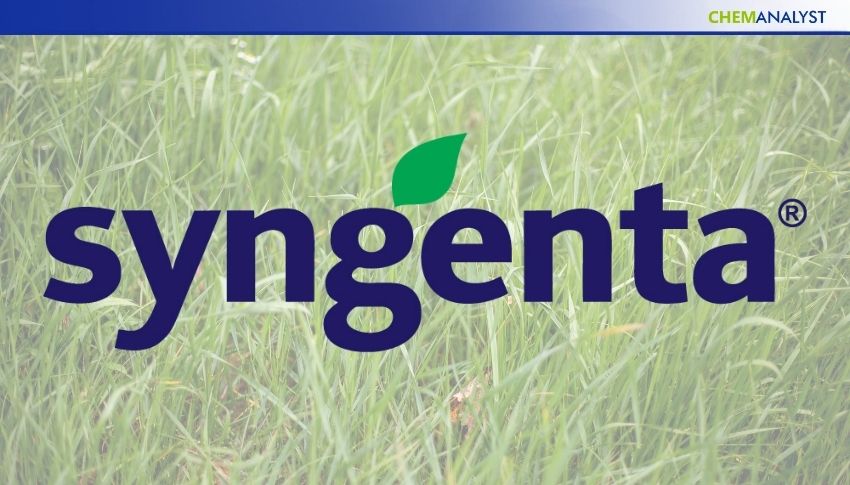Welcome To ChemAnalyst

Syngenta has unveiled metproxybicyclone, a new herbicide classified under a novel subclass of ACCase-inhibitors, designed to tackle herbicide-resistant grass weeds. Recognized by HRAC and WSSA, it marks a significant advancement in weed control. Expected to launch in Argentina in 2026, it supports sustainable farming and enhances global food security.
Weeds remain one of the most significant threats to global agriculture, competing directly with crops for essential resources such as water, nutrients, and sunlight. As a result, they can drastically impact crop productivity. According to a 2019 study by Savary, weeds can reduce yields in major crops by as much as 43%, highlighting their considerable economic and agronomic impact. The situation is further exacerbated by the growing prevalence of herbicide resistance among many weed species. This evolution of resistance reduces the effectiveness of existing herbicides, posing a serious challenge to farmers worldwide. In severe cases, it can even diminish the value of agricultural land, making it less productive or economically viable.
Amid these rising concerns, the need for innovation in herbicide technology has gained renewed urgency and importance. Addressing this challenge, Syngenta, a global leader in agricultural research and innovation, has introduced a groundbreaking weed control solution—metproxybicyclone. This novel herbicide has been officially recognized by the Herbicide Resistance Action Committee (HRAC) and the Weed Science Society of America (WSSA) as a new chemical subclass of herbicides. It is identified as the fourth generation of ACCase-inhibitors, a vital group of herbicides used primarily to combat grass weeds.
The last major innovation in this class came nearly two decades ago with the introduction of pinoxaden, another Syngenta molecule launched in 2006. The long interval between developments illustrates the complexity and difficulty of discovering safe and effective herbicide solutions, especially as weed species continue to evolve resistance mechanisms.
Camilla Corsi, Syngenta’s Global Head of Research and Development, emphasized the scale of the resistance issue. She noted that herbicide resistance has been officially reported in 75 countries, impacting more than 100 types of crops. Of the 273 known herbicide-resistant weed species, approximately 40% are grass weeds, which are particularly difficult to manage. Syngenta’s research teams, foreseeing resistance challenges in countries such as Argentina and Brazil, began proactively developing solutions years in advance. Now, metproxybicyclone stands ready to meet that challenge and is expected to be launched in Argentina by 2026, pending regulatory approvals.
This new herbicide was developed at Syngenta’s International Research Centre at Jealott’s Hill, UK. By leveraging decades of experience with ACCase-inhibitors and utilizing advanced computer modeling, Syngenta scientists designed a molecule capable of targeting grass weeds resistant to glyphosate and clethodim, two widely used herbicides. The project exemplifies Syngenta’s “Safer by Design” philosophy—prioritizing innovation that increases crop yields while reducing environmental impact through sustainable agricultural practices.
Syngenta continues to drive agricultural advancement through its extensive pipeline, which includes technologies such as ADEPIDYN®, PLINAZOLIN®, and TYMIRIUM®, in addition to expanding biological and digital farming solutions. The development of metproxybicyclone underscores Syngenta’s ongoing commitment to supporting farmers with advanced, sustainable crop protection tools.
We use cookies to deliver the best possible experience on our website. To learn more, visit our Privacy Policy. By continuing to use this site or by closing this box, you consent to our use of cookies. More info.
